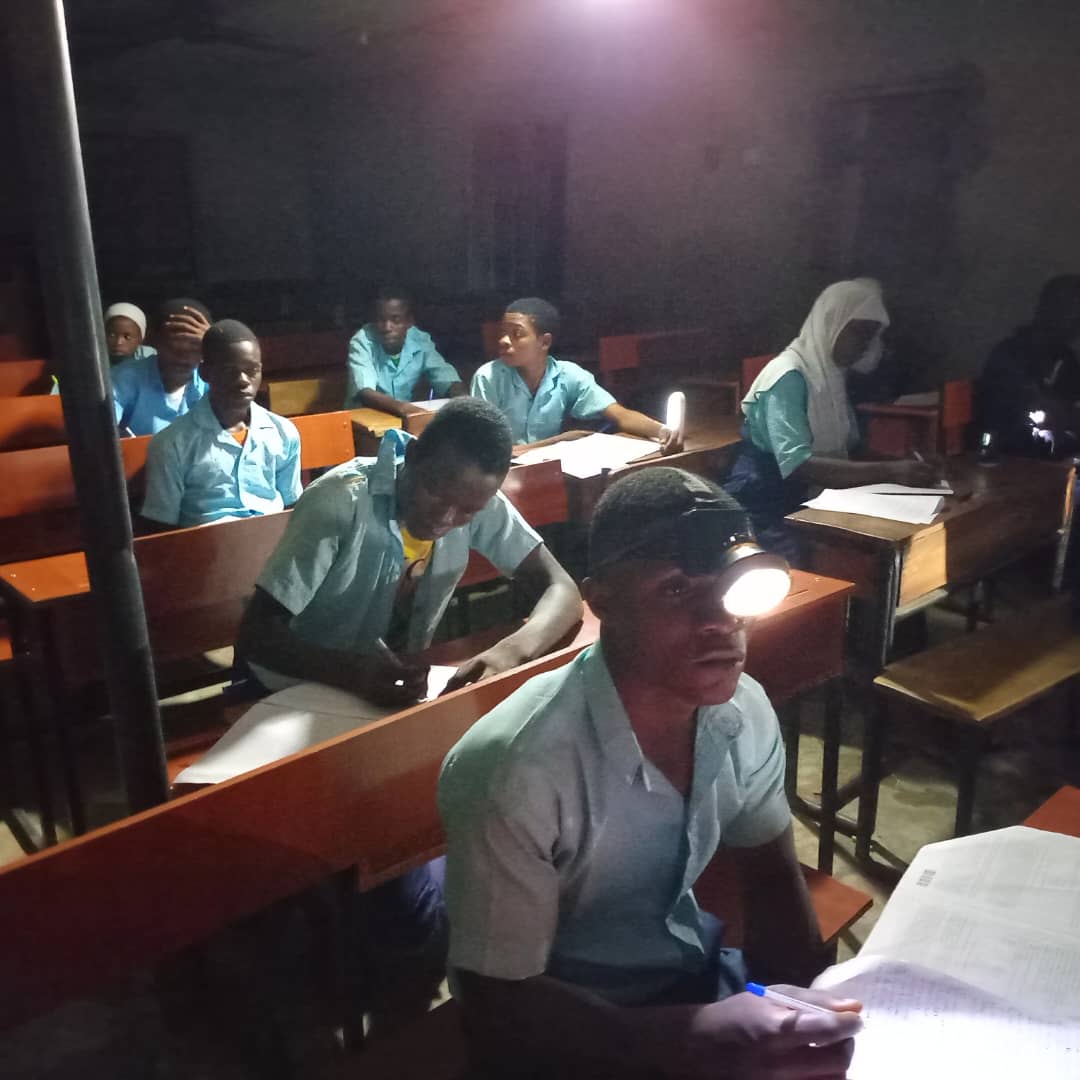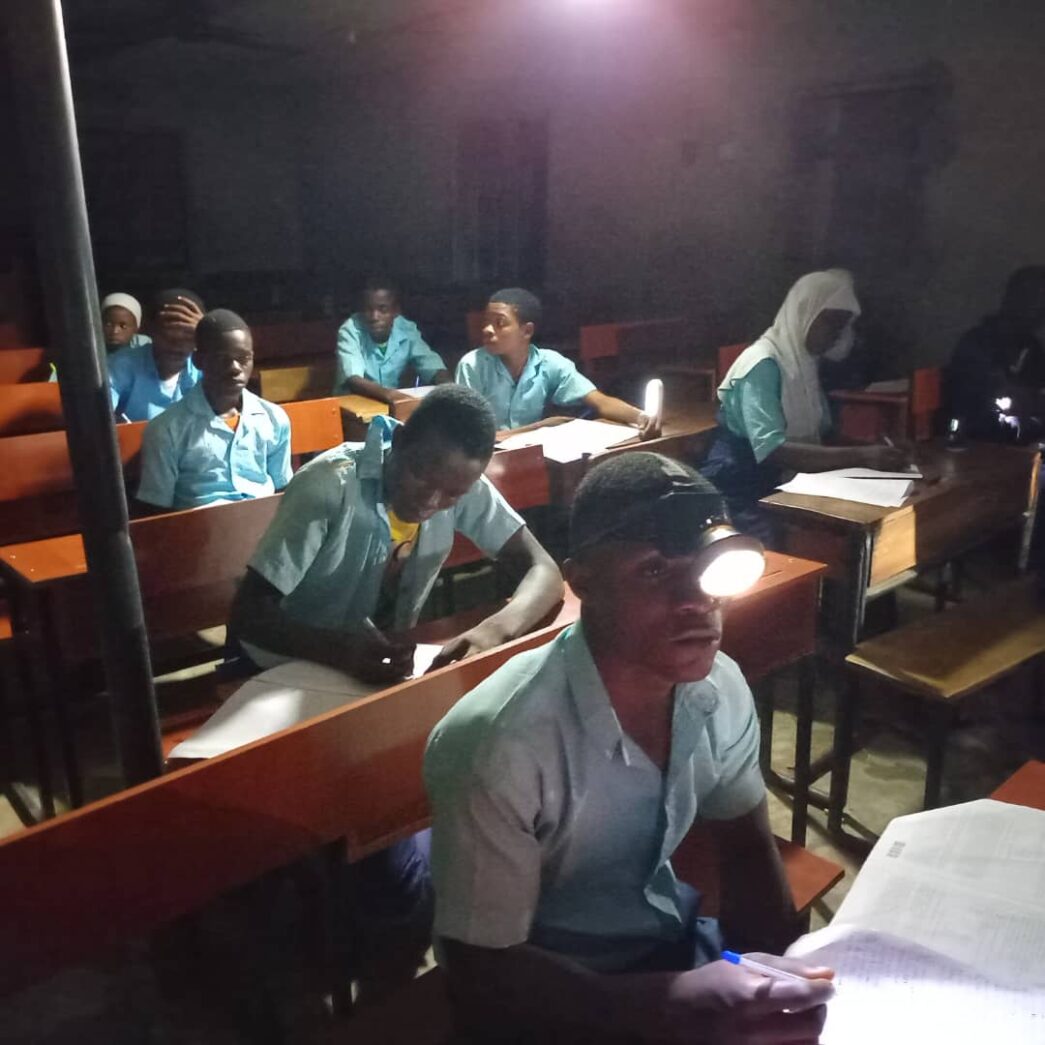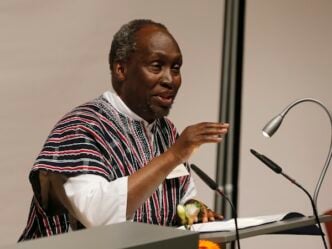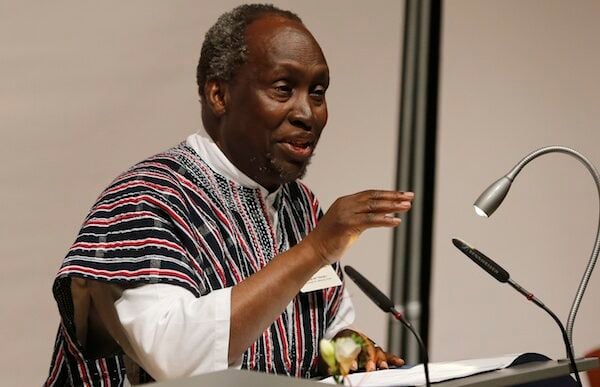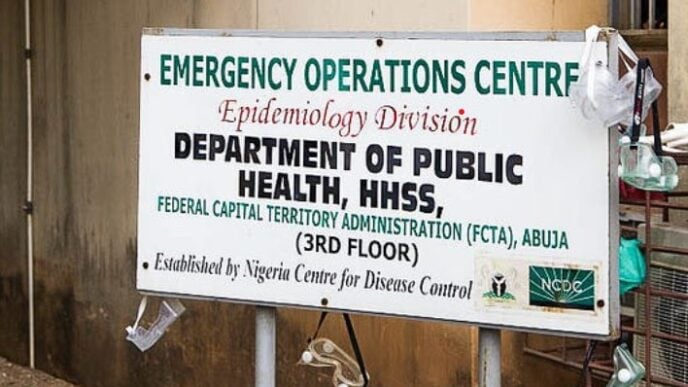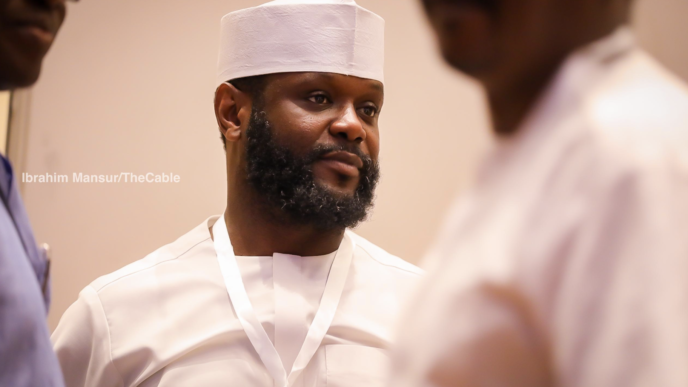BY BAQAU HASSAN OMOTAYO
On the night of May 28, 2025, thousands of Nigerian students sat for their English Language examination under conditions that can best be described as chaotic and inhumane.
In what now appears to be a tragic farce, an exam scheduled for the morning was delayed until late evening, with some students starting their papers as late as 9:45 p.m. Without a doubt, this is a time when most of their peers around the world would be in bed. This debacle forces a hard look at what it means to conduct a “standardised” examination.
Should any exam come at the cost of students’ well-being? How can an assessment that pushes candidates to exhaustion claim to be fair or meaningful?
Advertisement
The first and most immediate concern is practicality. A standardised exam, especially one as high-stakes as the West African Senior School Certificate Examination (WASSCE), must be practically feasible for all examinees. Yet, many students across several states were left to write the English paper under makeshift lighting arrangements, including generators, solar lamps, and even torchlights.
Imagine rural areas without electricity or functioning backup systems, students would have to struggle to read their scripts in darkness. This gross logistical failure is not only impractical and inconvenient but also dangerous, especially in areas already plagued by insecurity.
Second, it is worth mentioning that the validity—the extent to which a test measures what it purports to measure—has been seriously compromised. The test is meant to and should assess a student’s command of language. However, can a student truly showcase their ability after waiting hours, hungry, anxious, and drained?
Advertisement
It would not be inaccurate to state that this particular English exam tests their physical stamina, mental resilience, and ability to cope with stress. These are not the constructs WAEC English exam claims to evaluate. A student who spent hours waiting, uncertain when or whether they would write their paper, cannot reasonably be expected to perform at their best. When the body is weak and the mind clouded, even the brightest student will struggle to perform.
In terms of reliability, the question is “Did all students write the same exam under the same conditions?” No! While some wrote in relatively calm, well-lit spaces, others battled poor ventilation and bad lighting. If conditions differ so radically, how can the scores be fairly compared? These inconsistencies introduce bias, making any comparison of scores fundamentally flawed. How can we compare performances when the testing environments were so uneven?
While reports came in that the Council blamed the delay on fears of question leaks, is this the best they can offer? This justification is, at best, an excuse and, at worst, an indictment of institutional incompetence. Prevention of malpractice should not come at the cost of fairness and student well-being.
The broader implication is dire: if a public examination body cannot guarantee basic logistics and prevent question papers leakage, it loses the trust of the very public it serves.
Advertisement
The washback of this experience will be deeply negative for the students. They may come to associate exams with dread, not opportunity. Teachers, too, will have a harder time encouraging students to take their studies seriously when the system itself appears unserious.
We must call this what it is: a systemic failure. If a test cannot be administered under standard, humane conditions, then it has no business determining the academic futures of the children. WAEC owes the public more than an apology. It must conduct a full review, take responsibility, and make urgent reforms to ensure this never repeats itself.
Hassan can be contacted via [email protected]
Advertisement
Views expressed by contributors are strictly personal and not of TheCable.
